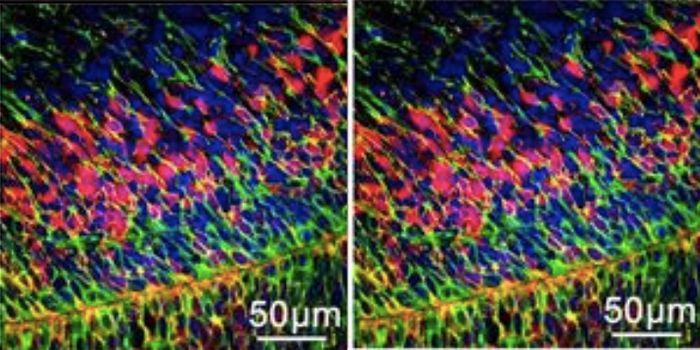Promising Results: Donanemab Shows Potential in Slowing Alzheimer's Disease Progression
Alzheimer's disease, a devastating neurodegenerative disorder, affects millions of individuals worldwide. Researchers have been diligently working to find effective treatments, with a focus on targeting amyloid plaques and tau proteins, the hallmark features of the disease. A new phase 3 clinical trial has investigated the efficacy and safety of Donanemab, a monoclonal antibody designed to clear amyloid plaques from the brain, offering hope for patients with early symptomatic Alzheimer's disease.
By James Gathany, CDC
Over 1736 participants from 8 different countries, all diagnosed with early symptomatic Alzheimer's disease, were enrolled in this phase 3 clinical trial. The participants had low to medium levels of tau and amyloid proteins. Previous therapy trials targeting these proteins have faced challenges, but Donanemab takes a fresh approach.
Donanemab is an antibody specifically designed to target and remove problematic amyloid plaques in the brain. By attaching to a specific member of the amyloid-beta peptide family, the antibody marks these plaques for removal by the brain's immune cells, known as microglia. This mechanism offers a promising new direction in Alzheimer's research.
Building on the positive results from phase 2 trials, this phase 3 trial included a larger population and encompassed patients with both low/medium and high tau pathology.
Of the participants who completed the trial, Donanemab treatment demonstrated a significant slowing of disease progression. Researchers believe that this treatment has the potential to offer more than a 20% reduction in the rate of cognitive decline, marking a substantial advancement in Alzheimer's disease management.
The findings from this phase 3 clinical trial suggest that Donanemab holds promise as a potential treatment for early symptomatic Alzheimer's disease providing hope for patients and families affected by Alzheimer's disease. As the medical community continues to explore novel therapies, Donanemab's success may pave the way for more effective treatments in the fight against this devastating neurodegenerative condition.
Sources: JAMA, StatPearls: Amyloid Beta Peptide, Neuron









